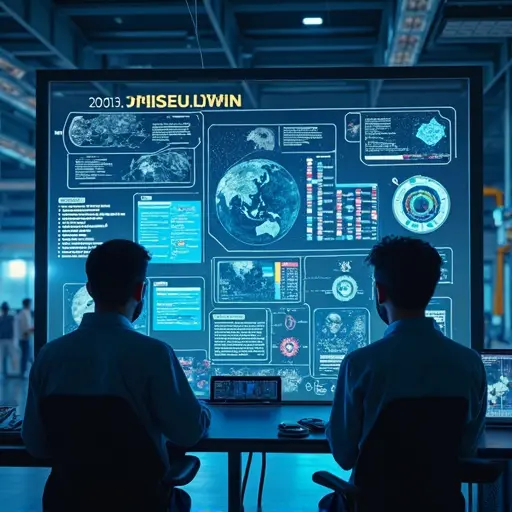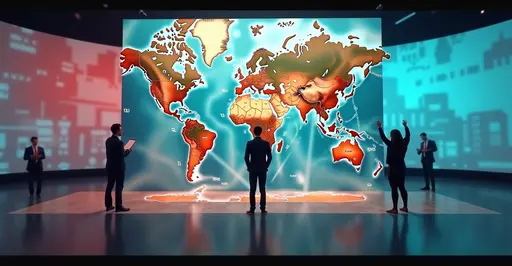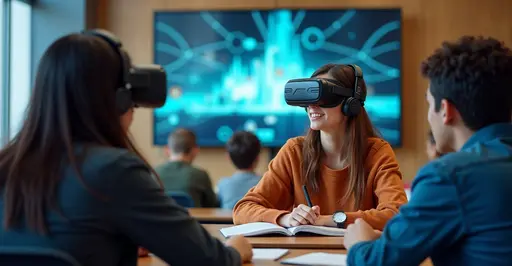
Virtual Embassies: Diplomacy Enters the Metaverse
Countries are establishing diplomatic missions in virtual worlds, with Barbados and the Maldives leading this innovative frontier. These "digital embassies" operate in platforms like Meta's Horizon Worlds and Microsoft Mesh, offering visa services, cultural exchanges, and consular assistance without physical borders.
From Second Life to Modern Metaverses
The concept isn't new. In 2007, the Maldives opened the first virtual embassy on Second Life through DiploFoundation's Diplomacy Island project. Today's metaverse platforms offer enhanced immersion through VR headsets and haptic technology, enabling more realistic diplomatic interactions. Countries like Sweden and South Korea are now exploring similar initiatives.
Benefits and Opportunities
Virtual embassies provide cost-effective diplomatic presence for smaller nations. They enable real-time engagement with global citizens, especially younger demographics. During crises like pandemics or natural disasters, they ensure uninterrupted consular services. Barbados' metaverse embassy processes visa applications and hosts cultural events, expanding their global reach exponentially.
Privacy and Security Concerns
Data collection in the metaverse raises significant privacy issues. Platforms track user movements, biometric data, and interactions. A 2025 Centre for Countering Digital Hate study revealed users face abuse every seven minutes in virtual spaces. Regulatory gaps persist, with no international framework governing virtual diplomatic compounds.
The Future of Digital Diplomacy
Experts predict hybrid diplomatic models will emerge by 2030, blending physical and virtual presences. The UN Internet Governance Forum is discussing metaverse governance standards. Challenges include preventing virtual espionage, establishing digital sovereignty norms, and ensuring equitable access. As technology advances, digital embassies may become standard diplomatic tools.

 Nederlands
Nederlands English
English Français
Français Deutsch
Deutsch Español
Español Português
Português







